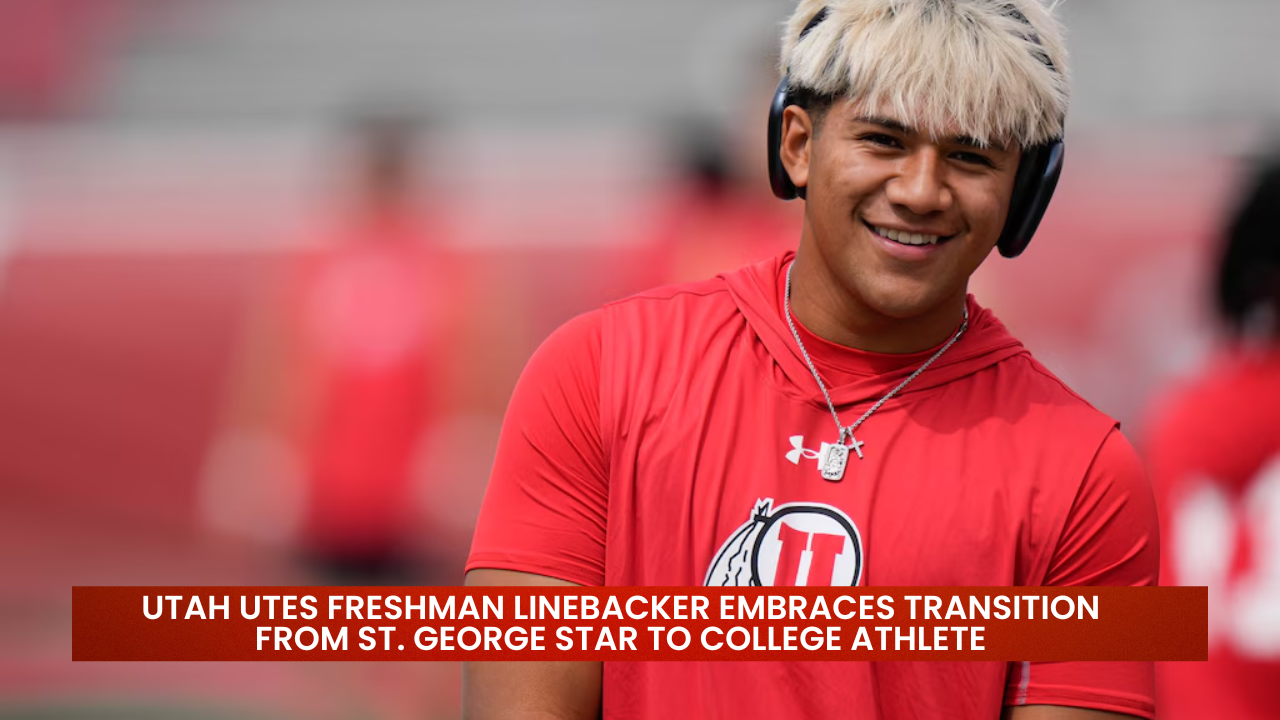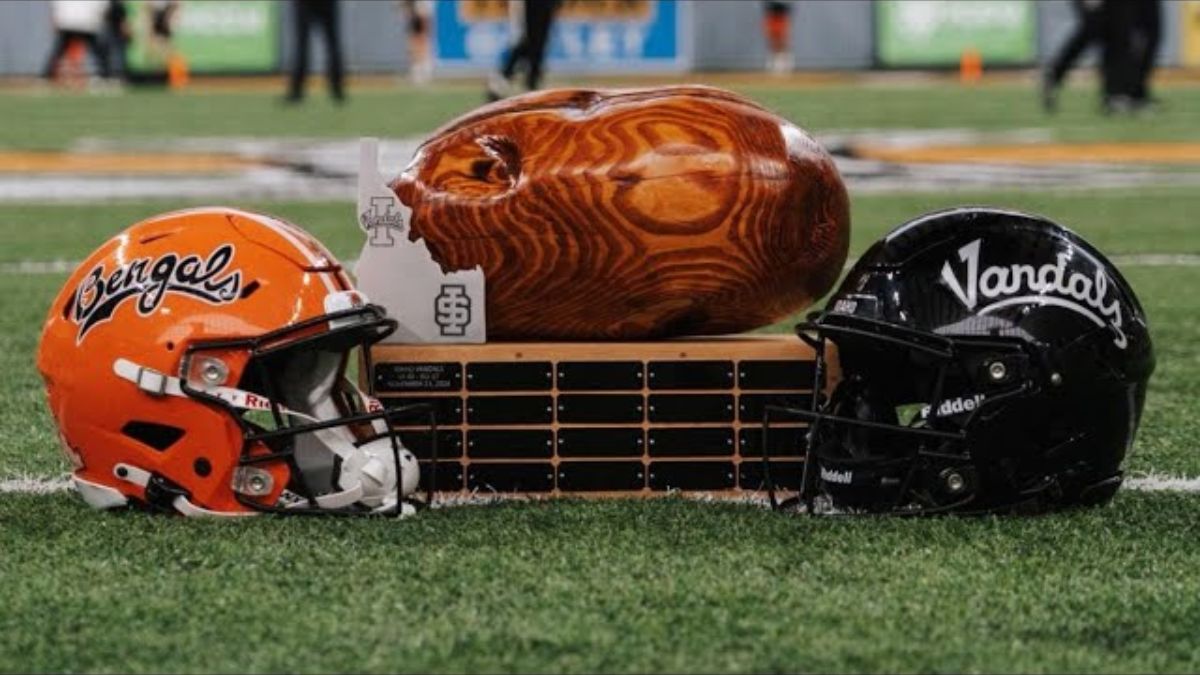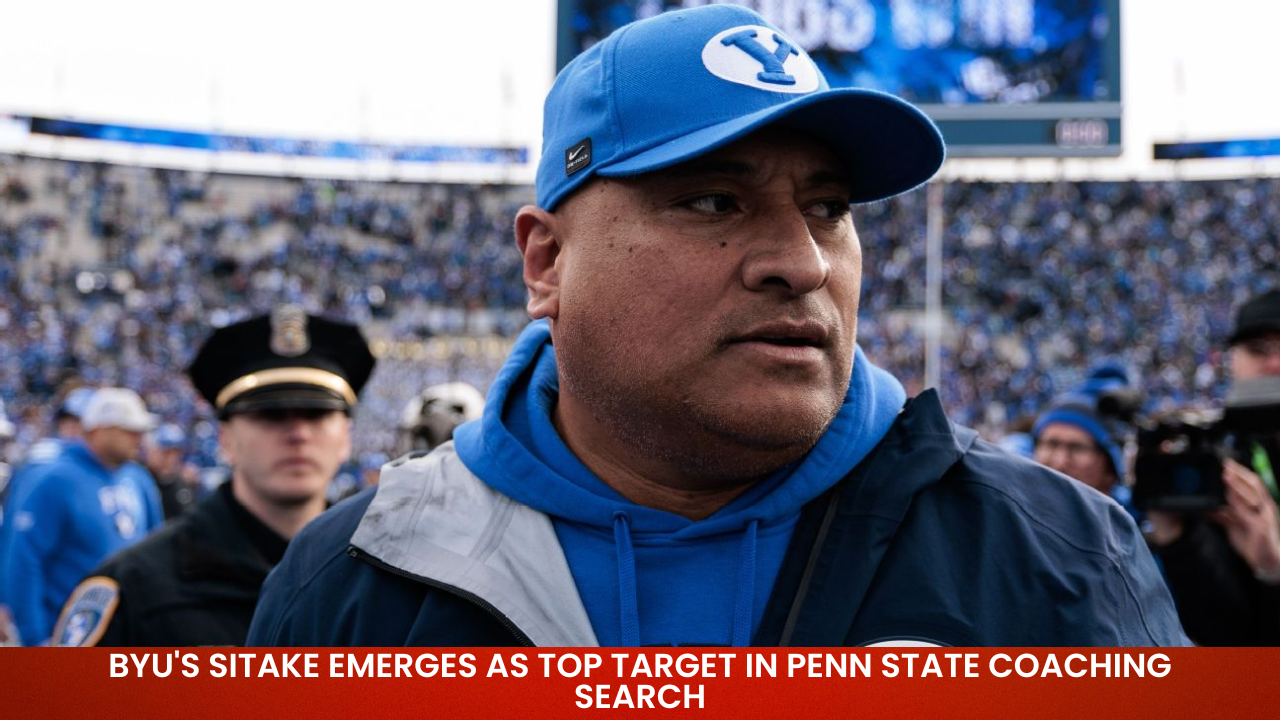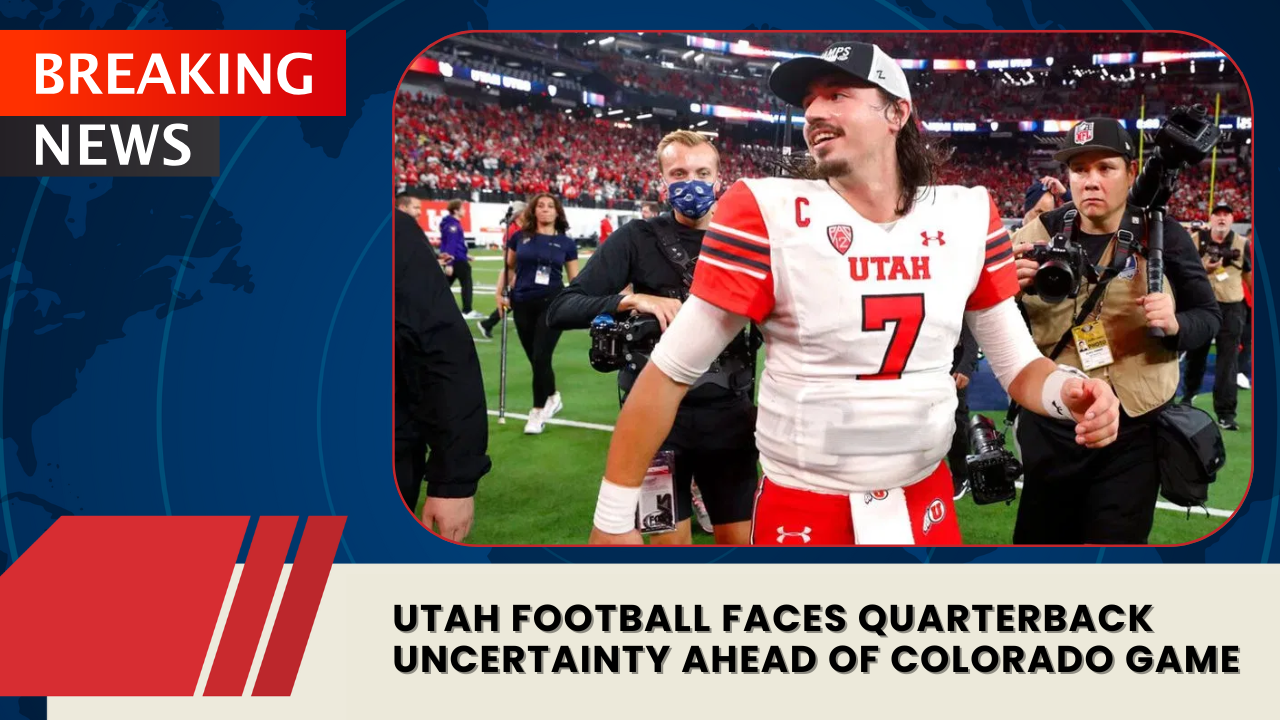A highly touted defensive prospect from southern Utah is finding his footing during his inaugural season with the University of Utah football program, balancing the challenges of college athletics with pride in his hometown roots.
Cyrus Polu, a freshman linebacker from St. George, has made the significant leap from high school standout to collegiate player this season, appearing in nine games for the Utes while primarily contributing on special teams. The 6-foot-1 defender brings enthusiasm and gratitude to his new role in Salt Lake City.
High School Success Built Foundation
Polu established himself as one of Utah’s premier high school football talents during his time at Desert Hills High School. His sophomore season included a state championship with the Thunder, providing early experience with winning at the highest level of prep football.
His junior and senior campaigns showcased continued growth and excellence on the defensive side of the ball. Polu accumulated more than 100 tackles across those two seasons while earning all-state recognition and a coveted four-star recruit rating from national scouting services.
Among the four St. George-area recruits who ranked in Utah’s top 50 prospects last year, Polu stood out as the most highly recruited. His No. 4 state ranking reflected the attention he garnered from college programs across the country seeking elite defensive talent.
The recruiting process brought offers from major programs including BYU, UCLA, Michigan State, and Washington. Each school presented compelling opportunities, but Polu ultimately selected the University of Utah based on factors beyond just the program’s competitive pedigree.
Coaching Relationships Drove College Decision
When explaining his commitment to Utah, Polu emphasized the importance of personal connections with the coaching staff. Specifically, his relationship with linebackers coach Colton Swan proved decisive in his college selection process.
Polu sought a program where he could develop gradually rather than being thrown into immediate starting responsibilities. He wanted coaches who would invest in his long-term growth as both a player and person, recognizing that the transition from high school to college football requires patience and guidance.
The comfort level he felt with Swan outweighed other considerations during the recruiting process. Polu described feeling assured that his position coach would consistently support him and advocate for his development, creating the foundation of trust essential for a successful player-coach relationship.
This emphasis on coaching compatibility reflects a mature approach to college selection, prioritizing developmental environment over immediate playing time or program prestige alone. For a true freshman adjusting to major college football, having mentors who understand individual needs becomes crucial.
Learning From Veteran Teammates
Polu’s transition has been aided significantly by veteran linebackers who have taken active roles in mentoring the young defender. Star linebackers Lander Barton and Johnathan Hall provide examples of what successful Utah linebackers look like at the highest level of competition.
Veteran linebacker Levani Damuni has assumed an especially prominent mentorship role, functioning almost like an older brother figure for Polu. Damuni’s experience navigating the college game provides valuable perspective that helps accelerate the freshman’s learning curve.
According to Polu, Damuni’s longevity in the program gives him insights that prove invaluable for younger players trying to understand both the technical and mental aspects of linebacker play. The willingness of established veterans to invest time in developing newcomers speaks to the culture within Utah’s linebacker room.
This mentorship structure allows Polu to observe and learn from players who have already achieved success in the system he’s entering. Rather than figuring everything out independently, he can draw on the collective experience of teammates who have faced similar challenges.
Adjusting to College Football Speed
The most significant adjustment Polu has faced involves the dramatic increase in game speed compared to high school competition. Every play in college football features athletes moving with intensity and urgency that exceeds what even elite high school players experience regularly.
Polu described the constant motion and effort level as something that took time to fully comprehend. In college football, every player on the field possesses elite athleticism, eliminating the physical advantages that dominant high school players often enjoy against lesser competition.
This adjustment represents the universal challenge facing freshman football players regardless of their high school success. Processing information faster, reacting to offensive schemes more quickly, and maintaining assignment discipline while everything happens at accelerated pace requires significant adaptation.
Coach Swan’s detailed, methodical teaching approach has helped Polu manage this learning curve. By breaking down concepts step by step and ensuring fundamental understanding before adding complexity, Swan has created an environment where freshmen can develop without becoming overwhelmed.
Polu specifically praised Swan’s ability to work with the freshman class, noting that the incremental approach to teaching allows younger players to build confidence while gradually mastering the system. This patience proves essential when developing players who possess physical talent but need time to absorb college-level schemes.
Current Role and Future Aspirations
During the 2025 season, Polu’s primary contributions have come on special teams rather than in the base defensive lineup. This limited role reflects typical usage patterns for true freshman linebackers, particularly at major college programs with established depth charts.
Special teams participation provides valuable game experience while allowing young players to demonstrate effort, toughness, and reliability before earning defensive responsibilities. The willingness to excel in special teams roles often determines which young players eventually earn expanded opportunities.
Looking ahead, Polu hopes to continue developing his skills over the coming years, with aspirations of following in the footsteps of former Utah linebackers who reached the NFL. Players like Devin Lloyd and Karene Reid have demonstrated the pathway from Utah’s program to professional football careers.
Lloyd particularly stands as a recent example, having become a first-round draft pick after his stellar career with the Utes. The program’s track record of developing linebackers into NFL prospects provides motivation for young players like Polu who dream of playing at the next level.
Pride in Representing St. George
Throughout his adjustment to college football, Polu has maintained strong connections to his southern Utah roots. He expresses pride in representing St. George, acknowledging that relatively few players from the smaller community reach major college football programs.
This hometown pride reflects an awareness of the opportunity he’s earned and a desire to inspire future athletes from the area. By succeeding at Utah, Polu can demonstrate to younger St. George athletes that pathways to major college sports exist regardless of geographic limitations.
His gratitude for the experience shows through when discussing his time in Salt Lake City. Polu described everything about Utah as great, from the program culture to the support system surrounding players, indicating he feels he made the right choice despite the challenges of adjustment.
The combination of genuine appreciation for his opportunity and pride in his hometown creates a humble yet confident perspective. Polu recognizes both how far he’s come and how much further he hopes to go during his college career.
The Path Forward
As Polu continues through his freshman season and looks toward future years, his focus remains on steady improvement rather than immediate stardom. The foundation he’s building through practice repetitions, special teams play, and veteran mentorship will determine his long-term success.
His willingness to embrace a developmental role while maintaining ambitious goals reflects the mindset coaches seek in young players. Rather than becoming discouraged by limited playing time, Polu appears committed to the process of becoming the best player possible.
The detailed coaching he’s receiving from Swan, combined with mentorship from veteran teammates, provides the support structure necessary for success. If Polu continues working and developing, future seasons may see him transition from special teams contributor to defensive regular.
For now, the St. George native remains focused on maximizing each opportunity while representing his hometown with pride. His journey from Desert Hills High School to the University of Utah demonstrates the possibilities available to dedicated athletes willing to embrace challenges and trust the developmental process.



